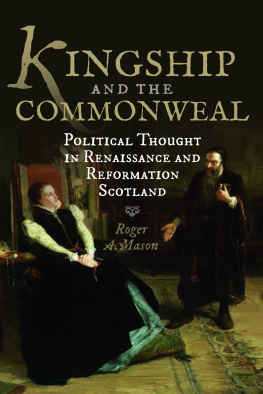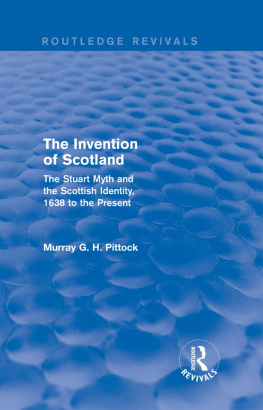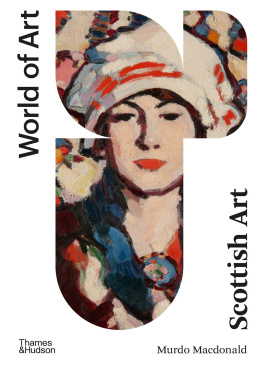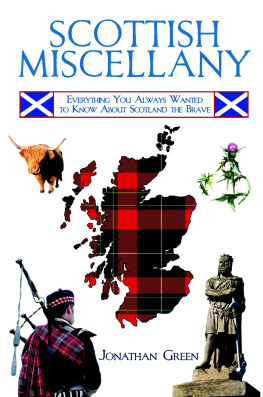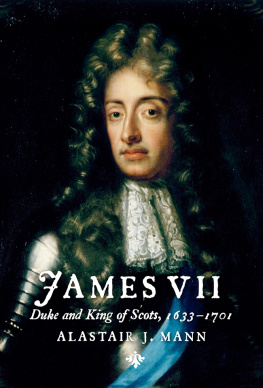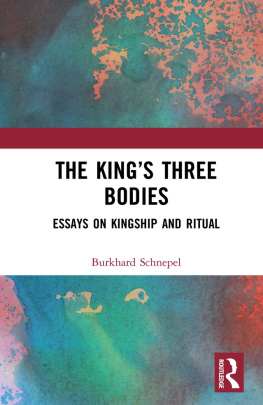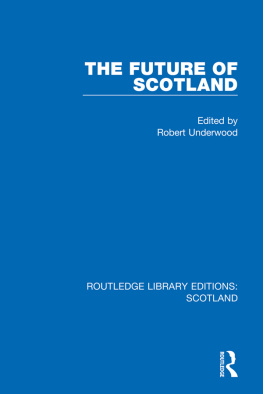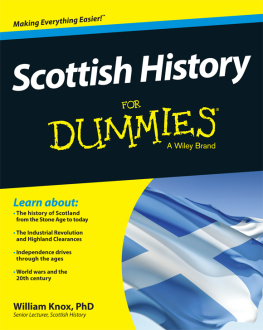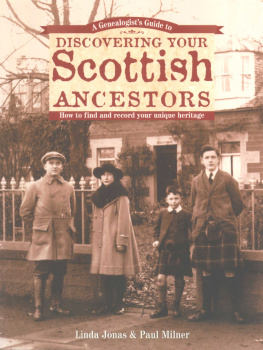KINGSHIP AND THE COMMONWEAL
Kingship and the Commonweal
Political Thought in Renaissance and Reformation Scotland
ROGER A. MASON
To my Mother and Father
This eBook was published in Great Britain in 2021 by John Donald,
an imprint of Birlinn Ltd
Birlinn Ltd
West Newington House
10 Newington Road
Edinburgh
EH9 1QS
First published in Great Britain in 1998 by Tuckwell Press
Copyright Roger A. Mason, 1998
eBook ISBN 978 1 78885 397 2
British Library Cataloguing-in-Publication Data
A catalogue record for this book is available on request from the British Library
All rights reserved. No part of this publication may be reproduced, stored, or transmitted in any form, or by any means electronic, mechanical or photocopying, recording or otherwise, without the express written permission of the publisher.
The right of Roger A. Mason to be identified as the author of this book has been asserted by him in accordance with the Copyright, Design and Patent Act 1988
Contents
Preface
The purpose of this book is to bring together in readily accessible form some of the fruits of over a decade of research into the political thought and culture of Renaissance and Reformation Scotland. As a collection, it ranges from detailed studies of the writings of figures of international standing such as John Mair, John Knox, George Buchanan and James VI and I to more discursive explorations of the changing self-perceptions of the Scottish political community during an era of dramatic political, cultural and religious upheaval. While each essay is self-contained, making its own contribution to a specific area of research, they are all also variations on the crucial themes of kingship and the commonweal, analysing from a variety of perspectives the ways in which the changing nature of the relationship between the Scottish crown and the Scottish political community was perceived and articulated by contemporaries. It is hoped that such a collection, at once focused and wide-ranging, adds up to something more than simply the sum of its individual parts, illuminating in original and innovative ways how a traditionally conservative political community came to terms not only with the cultural influences emanating from Renaissance Europe, but also with the revolutionary impact of the Reformation, the constitutional crises of the reign of Mary Queen of Scots and the increasing likelihood and eventual reality of dynastic union with England.
Two of the essays ().
Not surprisingly, in a collection of essays published over a ten year period, I have accumulated an immense numbers of debts to colleagues and friends who have read successive drafts of what were evolving pieces of work. Their helpful comments and advice are acknowledged at the beginning of each chapter. In addition, however, I owe a number of longer term debts which it is a pleasure to be able to acknowledge more fully here. Many of the chapters that follow pursue ideas and arguments which were first broached as part of my doctoral research at Edinburgh University. I am extremely grateful to my then supervisor, Nicholas Phillipson, for introducing me to Scotlands rich intellectual history and for his continuing encouragement as I have strayed ever further from its assumed highpoint in the Age of Enlightenment. As a research student, I also benefited enormously from a formative year spent at the Johns Hopkins University and I owe a great deal to John Pocock not only for his support and inspiration over many years, but also (and more practically) for inviting me to direct a seminar at the Folger Institute where two of the following chapters were first written and presented. I am also particularly indebted to two other scholars, Jimmy Burns and Arthur Williamson, whose approach to the study of sixteenth-century Scottish political thought could hardly be more different, but whose work in the field I have long admired and from which I have frequently sought guidance and stimulation. To both of them, I am grateful for much friendly criticism and advice as well as the occasional (fruitful) disagreement.
Finally, I owe more general thanks to David Armitage who, while he bears no responsibility for the final outcome, first flattered me by suggesting that a collection such as this might be worthwhile. That the idea has borne fruit is testimony to the good-humoured commitment of the publishers, John and Val Tuckwell, and the patience and fortitude of my wife, Ellen Colingsworth. None of the essays printed here, however, would have been written at all without the continuing support of my parents, and it is to them that this volume is dedicated.
Lathones, Fife
August 1997
List of Abbreviations
Aldis | H.G. Aldis (ed.), A List of Books Printed in Scotland Before 1700 (2nd edn, Edinburgh, 1970) |
APS | T. Thomson and C. Innes (eds), Acts of the Parliaments of Scotland (Edinburgh, 181475) |
AUR | Aberdeen University Review |
BIHR | Bulletin of the Institute of Historical Research |
CSP | Calendar of State Papers |
CSP Scot. | J. Bain et al. (eds), Calendar of State Papers relating to Scotland and Mary Queen of Scots 15471603 (Edinburgh, 18981969) |
DNB | Dictionary of National Biography |
EETS | Early English Text Society |
EHR | English Historical Review |
IR | Innes Review |
JBS | Journal of British Studies |
JEH | Journal of Ecclesiastical History |
JR | Juridical Review |
P&P | Past & Present |
SHR | Scottish Historical Review |
SHS | Scottish History Society |
SLJ | Scottish Literary Journal |
SSL | Studies in Scottish Literature |
STS | Scottish Text Society |
TRHS | Transactions of the Royal Historical Society |
Introduction
Kingship and the Commonweal
At no time before the eighteenth-century Age of Enlightenment did Scots contribute so markedly to the history of European political thought as they did during the era of the Renaissance and Reformation. The major upheavals and intellectual challenges of the sixteenth century generated in figures such as John Mair, John Knox, George Buchanan and King James VI and I an outstanding group of political writers whose international significance was immediately recognised by contemporaries and has long been acknowledged by historians. Many of the essays collected in this volume are directly concerned with analysing the writings of these canonical authors. At the same time, however, they attempt to recapture the broader intellectual contours of the political culture which shaped their thinking and on which their writings reflect. While they can make no pretence to constitute a comprehensive history of sixteenth-century Scottish political thought, the chapters that follow do nonetheless broach many of the major themes and issues which such a history would need to address.

